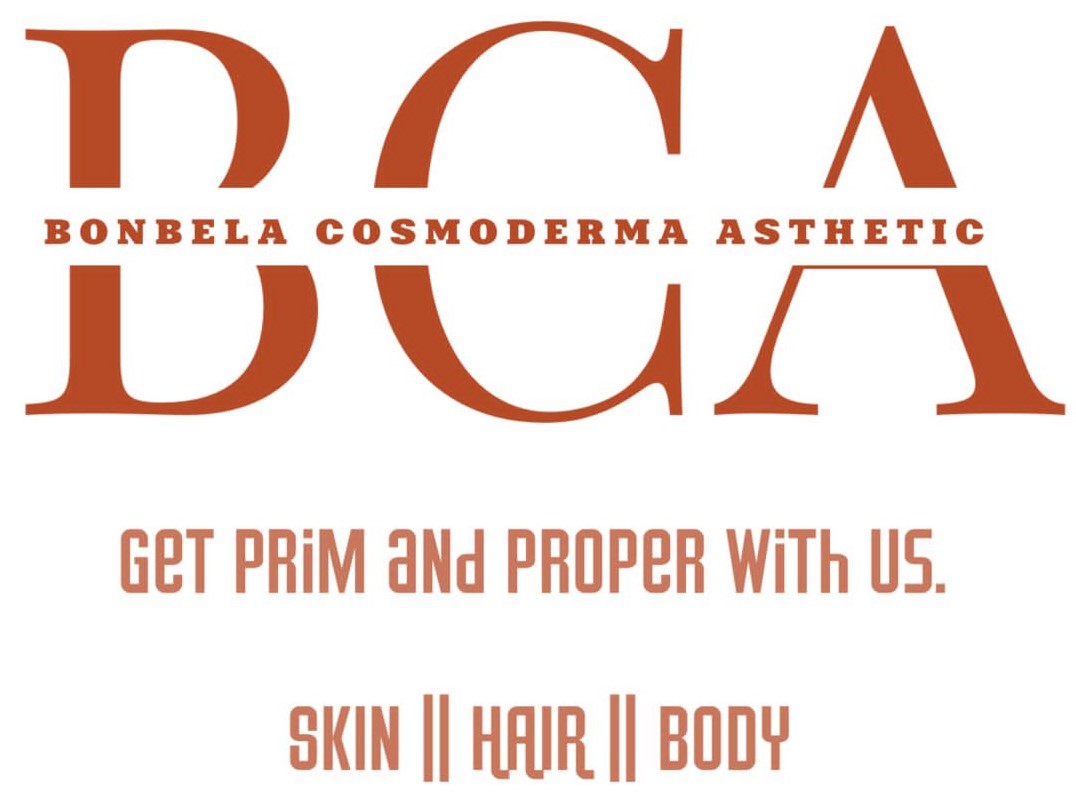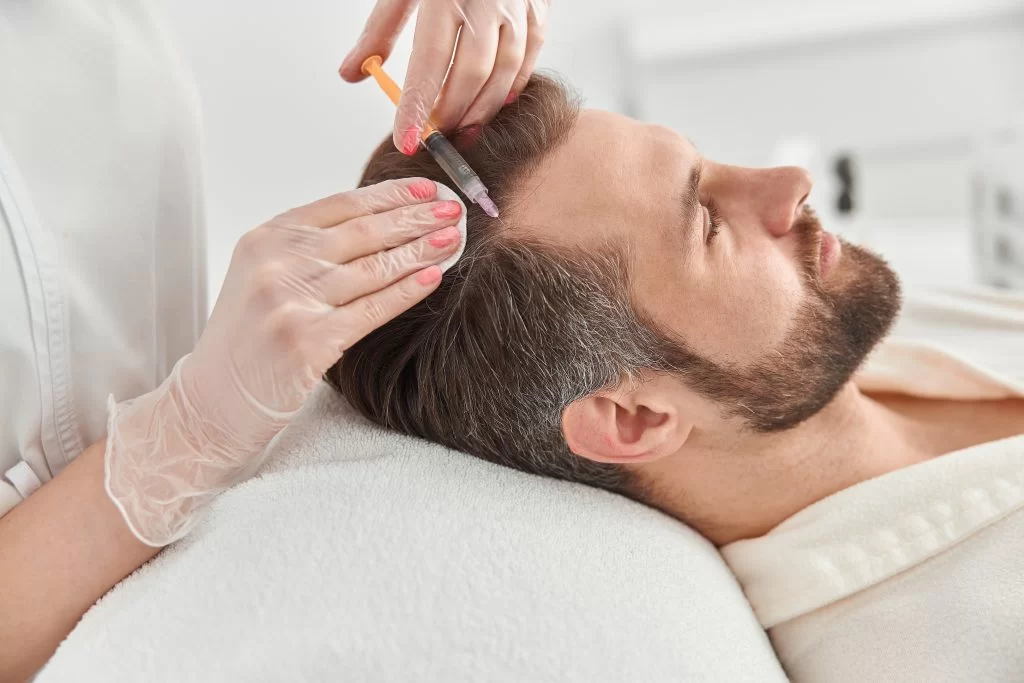Mesotherapy is a non-surgical cosmetic procedure that involves the injection of a combination of medications, vitamins, minerals, amino acids, and other active substances into the middle layer of the skin (mesoderm). It is often used for various cosmetic purposes, including reducing localized fat deposits, improving skin quality, and promoting hair growth.
Key Points about Mesotherapy:
-
Purpose and Applications:
- Mesotherapy is used for a range of cosmetic concerns, including:
- Fat Reduction: It is sometimes used to target and reduce localized fat deposits, particularly in areas like the abdomen, thighs, and love handles.
- Cellulite Reduction: Mesotherapy injections may be used to address the appearance of cellulite by promoting the breakdown of fat.
- Skin Rejuvenation: The procedure is also employed for skin rejuvenation purposes, aiming to improve skin tone, texture, and hydration.
- Hair Loss Treatment: Mesotherapy injections are used in some cases to stimulate hair follicles and promote hair growth, especially in cases of androgenetic alopecia.
- Mesotherapy is used for a range of cosmetic concerns, including:
-
Procedure:
- The mesotherapy procedure involves the injection of a customized cocktail of medications directly into the mesoderm layer of the skin. The injections are administered using fine needles or a mesotherapy gun, and the procedure is typically performed in a medical office.
-
Ingredients Used:
- The specific substances included in the mesotherapy solution can vary based on the intended purpose of the treatment. Common ingredients may include vitamins, minerals, hyaluronic acid, enzymes, plant extracts, and medications like minoxidil for hair loss.
-
Number of Sessions:
- The number of mesotherapy sessions required depends on the individual's goals and the area being treated. A series of sessions is often recommended for optimal results.
-
Recovery and Side Effects:
- Mesotherapy is generally associated with minimal downtime. Some individuals may experience redness, swelling, or bruising at the injection sites, but these side effects are usually temporary.
-
Results:
- Results from mesotherapy can vary, and it may take multiple sessions to achieve the desired outcome. The effectiveness of the treatment is influenced by factors such as the patient's overall health, lifestyle, and the specific condition being addressed.
Considerations:
-
Qualified Practitioner:
- Mesotherapy should be performed by a qualified and experienced healthcare professional, such as a dermatologist or a licensed practitioner, to ensure safety and effectiveness.
-
Patient Selection:
- The suitability of mesotherapy depends on the individual's overall health, medical history, and specific cosmetic concerns. A consultation with a healthcare professional is important to determine if mesotherapy is an appropriate option.
-
Realistic Expectations:
- It's important for individuals undergoing mesotherapy to have realistic expectations regarding the outcomes of the treatment. Results can vary, and multiple sessions may be needed.
-
Safety Considerations:
- While mesotherapy is generally considered safe when performed by a qualified professional, potential risks include infection, bruising, and allergic reactions. It's essential to discuss potential risks and side effects with the treating practitioner.
-
Alternatives:
- Depending on the cosmetic concern, individuals may explore alternative treatments such as laser therapy, radiofrequency, or other non-surgical procedures.
Before undergoing mesotherapy, individuals should consult with a qualified healthcare professional to discuss their goals, assess their suitability for the treatment, and receive personalized advice on the potential benefits and risks.



